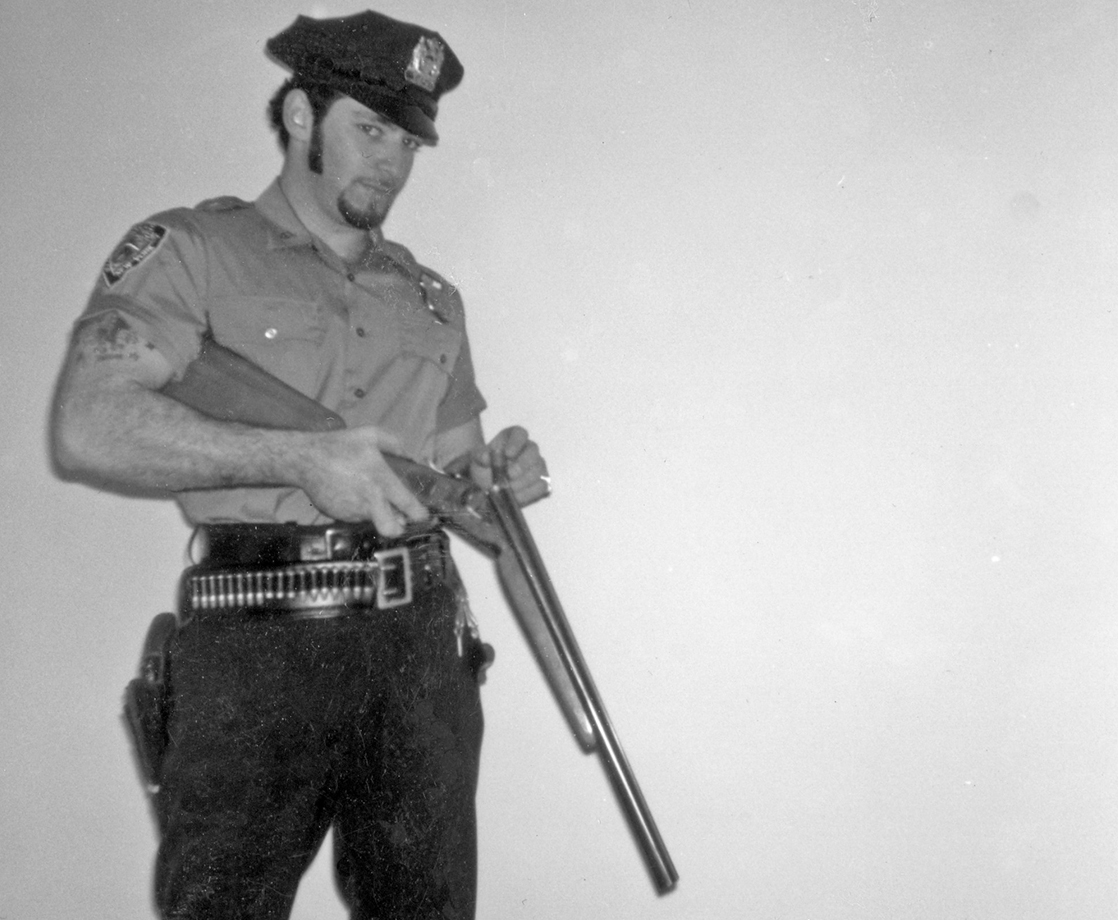Earlier this month, 40 medical cannabis dispensaries in Michigan received cease-and-desist letters from the state, demanding that they immediately shut down and stop selling all products. At the time, state regulators promised that hundreds more dispensaries would be closed, and this week, the other shoe dropped. Over 200 dispensaries in the state, most of which are located in Detroit, have now received letters telling them to shut down or risk being arrested by local police.
Many of these establishments opened under Michigan's lightly-regulated medical cannabis program, which was passed in 2008. In 2016, state lawmakers passed a new law to reign in the industry, including stricter regulations on canna-businesses and a new set of tax rules. In order to keep medicine available to patients, legislators decided to allow current dispensaries to remain open while they applied for a new license.
The state's new cannabis regulations are set to go into effect next month, and officials decided that any canna-business that had not applied for an official license prior to February 15th would be shut down. This week, the state Department of Licensing and Regulatory Affairs (LARA) sent cease-and-desist letters to 210 businesses that had not applied for a license by this deadline. Over 150 of these businesses are located in Detroit, with another eight in Lansing and Flint each, and the remaining few scattered throughout the state.
"After the news of the first round of letters hit, we found a lot more had voluntarily closed before we got there," LARA spokesperson David Harns said to the Detroit Free Press. "We haven't checked back to see if they're all still operating, but we've had a number of businesses contact us to dispute that they're operating illegally." Some of these businesses have claimed that they have a court order that specifically allows them to continue operating while they argue with Detroit officials over a medical cannabis ordinance.
The closure of such a large number of dispensaries may limit the supply of medicine to the state's 277,000 registered patients, but Harns noted that there are still 215 dispensaries open in the state. These businesses all submitted their license applications by the February 15th deadline, and have received either temporary or full approval from their local communities to continue operating. "There are more open than we've sent cease and desist letters to," Harns told the Detroit Free Press. "There still are a large number of places where people can get their medicine."











